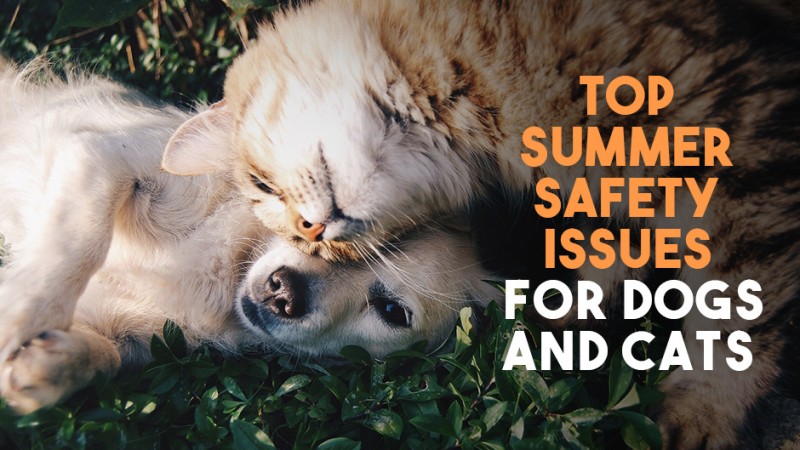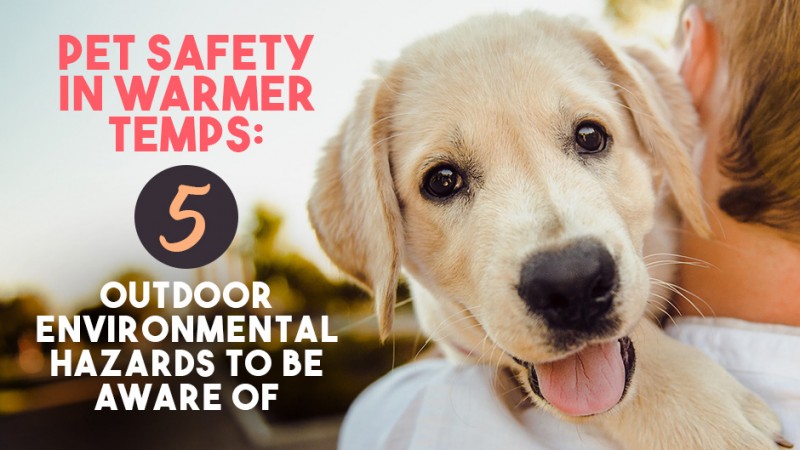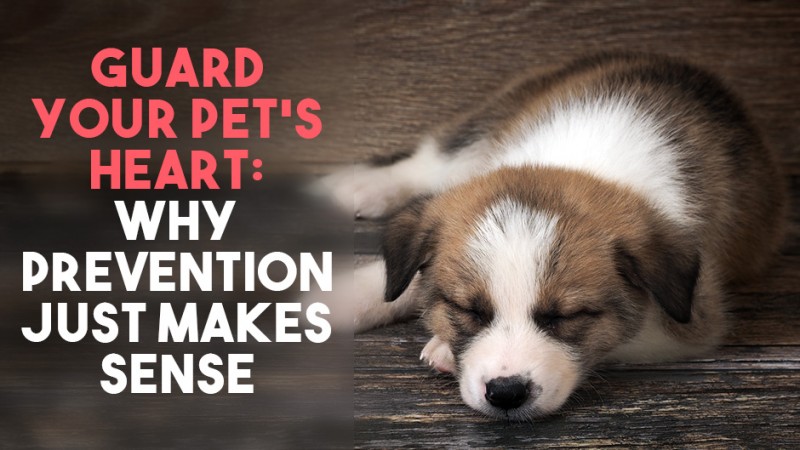Turner Veterinary Clinic News
Preventive Care Explained: How Small Steps Make a Big Difference

When was the last time your pet saw the veterinarian for a checkup, not because they were sick, but just to stay healthy? Preventive care is one of the most important ways to give your pet a longer, happier life. It’s not about doing one big thing. It’s about the small, consistent steps that help avoid bigger health problems later on.
The Busy Holiday Season: Making Time for Your Pets

The holidays are full of sparkle, laughter, travel, and to-do lists a mile long. As joyful as this season can be, it often means busier schedules and less time for everyday routines. In the middle of the holiday rush, it's easy to overlook one very important family member: your pet.
7 Health Tips Every Senior Pet Parent Should Know

If you're lucky enough to have a senior pet, you know just how special that bond becomes over time. From cozy afternoons on the couch to the look in their eyes that says, "I've known you forever," there’s a deep and quiet understanding between you. As pets get older, though, their needs change. Aging isn’t a disease, but it does require us to adapt how we care for our beloved companions.
The good news? With the right care and attention, senior pets can enjoy happy, healthy golden years. Here are seven simple but meaningful health tips to help your older dog or cat feel their best.
Categories
Recent Posts

Pet owners believe that their lives are enriched by owning a pet, but did you know even the Centers for Disease Control (CDC) suggests that having a pet is good for you? Pet ownership and companionship can prevent you from feeling lonely, give you more opportunities for socialization, and give you a sense of love and pride from taking such good care of your pet. In fact, just petting your dog or cat can immediately lower your stress level!

Now that summer is finally here, you and your pet can spend more time outdoors enjoying all that the season has to offer. Like the other three seasons, summer presents unique safety challenges for our companion animals. The good news is that you can enjoy a wonderful summer with your pet by taking a few simple precautions recommended by our Turner Veterinary Clinic veterinarians.

As a pet owner, you look forward to the warmer spring weather because it means you can finally spend more time outdoors with your furry friend. Unfortunately, it also means more exposure to environmental hazards for your dog or cat. This requires awareness of these dangers and active steps on your part to help your pet avoid them.

The heartworm parasite presents a serious and sometimes fatal threat to companion animals. Unfortunately, it is not difficult for your pet to be infected, and it’s difficult to treat in dogs. There is no heartworm treatment for cats.

It’s a new year, and you have vowed to get in shape and improve your health. Although you might have made this resolution before only to fall back into old habits before the end of January, you mean it this time. The good news is that having a pet gives you even more motivation to achieve better health. Not only does the love of your furry companion give you the incentive to take better care of yourself, but it encourages you to improve your pet’s health as well.